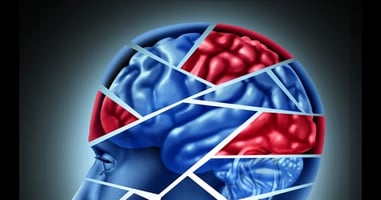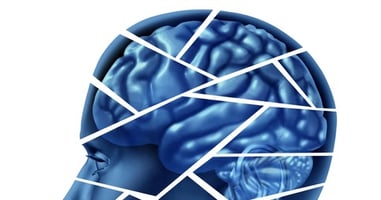A study published this week in JAMA Neurology suggests that traumatic brain injury (TBI) may be...
Researchers May Have Identified Biomarker for Concussion
 |
Of those players, 35 received concussions, and 28 of them were included in the study. The researchers used a new immunoassay that was 1,000 times more sensitive than previous techniques, they said.
Total plasma levels of tau, a protein specific to the central nervous system, were elevated for up to six days in the players who had concussions, reported Pashtun Shahim, M.D., of the Clinical Neurochemistry Laboratory at Sahlgrenska University Hospital in Molndal, Sweden, and colleagues online today in JAMA Neurology. “Importantly, [total]-tau concentrations at one hour after concussion predicted the number of days it took for the concussion symptoms to resolve and the players to have a safe return to play,” they said.
The study needs to be replicated in more subjects and with a longer follow-up time, but “represents an important contribution to this field and introduces an innovative technology that may have wide applicability,” said Joshua Gatson, Ph.D., of the University of Texas Southwestern Medical Center in Dallas, and Ramon Diaz-Arrastia, M.D., Ph.D., of the Uniformed Services University of the Health Sciences, in Bethesda, Md., in an accompanying editorial.
To read more about concussions and biomarkers, see the Psychiatric News article, “Researchers Pinpoint Biomarker to Detect Brain Injury.” Also see the book, Management of Adults With Traumatic Brain Injury, from American Psychiatric Publishing.
(Image: Tumar/Shutterstock.com)





